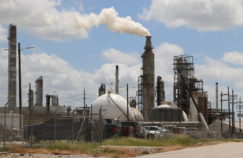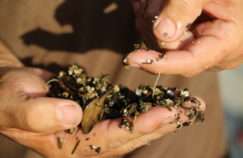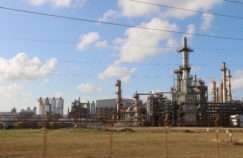Plastic is a pollutant of unique concern, as it does not break down quickly and instead accumulates in the environment as more is produced. It carries toxic impacts throughout its life cycle — from the impacts of oil and gas drilling, to plastic refining and manufacture, to waste management, to plastic pollution that ends up in our oceans and environment. Taken in aggregate, these impacts from the life cycle of plastic can be measured in human health and climate change. Yet just as the world is coming to realize the dangers of plastic pollution and take action to prevent it, the petrochemical industry is poised to invest billions to expand plastic production by 40 percent in the next few decades. If they succeed, plastic will outweigh fish in our oceans by 2050.
An urgent, global effort is needed to stop the flood of plastic pollution at its source. CIEL works at multiple levels to confront the plastic crisis — advocating for an international treaty on plastic pollution and other measures at the global level, supporting communities in local infrastructure fights to stop the plastics buildout, and exposing the deep impacts plastic has on our health, climate, and planet throughout its toxic life cycle.




